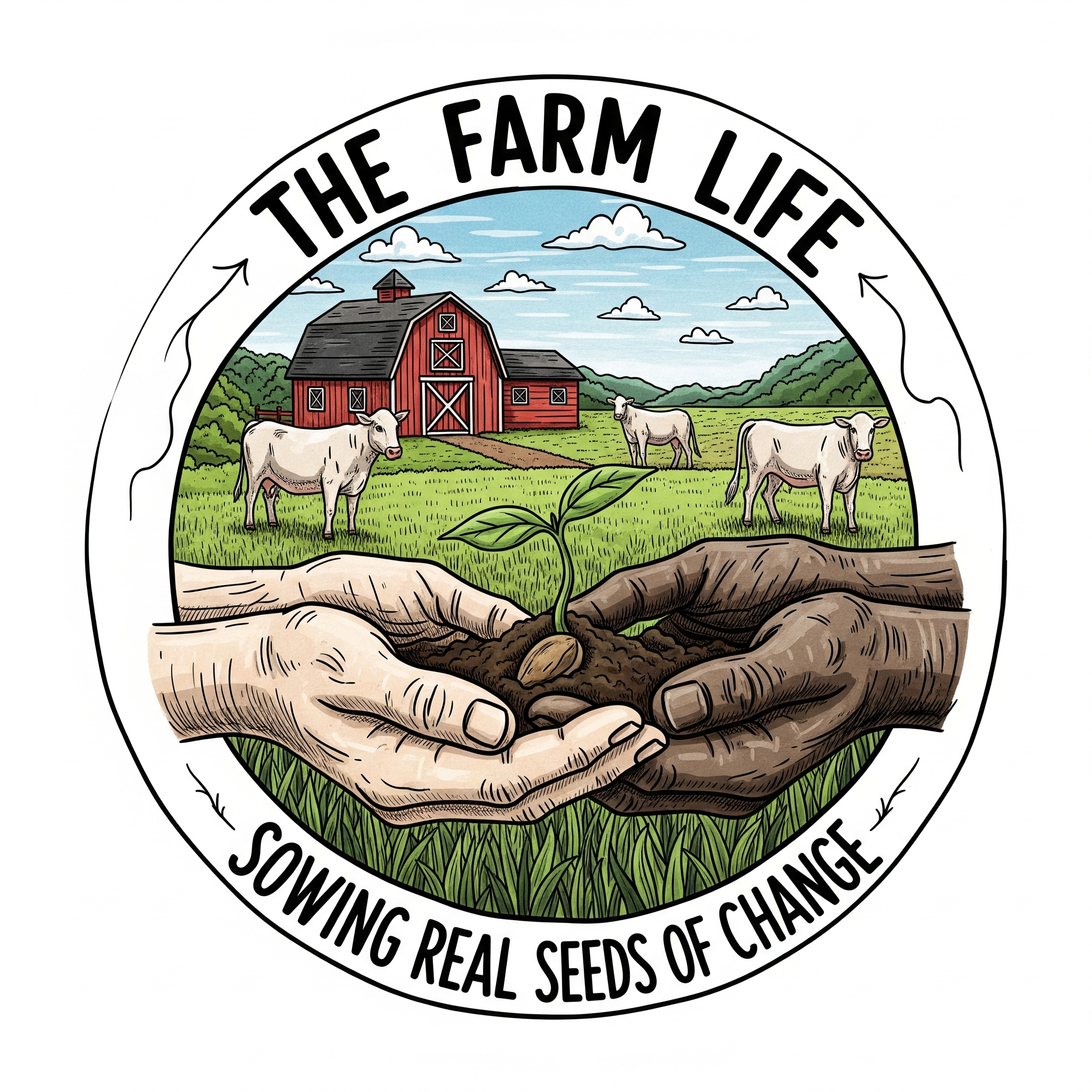There’s something magical about planting a seed and watching it grow—but when you do it with your neighbors, it becomes something even more powerful. A community garden is more than a plot of land with rows of tomatoes, kale, and sunflowers; it’s a living space where connection, purpose, and joy grow side by side with the plants.
Sowing the Seeds of Connection
In a world where digital interaction often replaces face-to-face conversation, community gardens provide a rare and beautiful opportunity to connect. Strangers become neighbors, and neighbors become friends—bonding over shared goals, advice on composting, or simply swapping stories between pulling weeds and watering plants.
Whether you’re a seasoned gardener or someone who’s never touched a trowel, there’s a role for everyone. People bring different experiences and backgrounds, and the garden becomes a space for learning from one another—not just about plants, but about life.
Fresh Food, Fresh Perspective
Harvesting your own vegetables is deeply satisfying, but the impact of a community garden goes beyond nutrition. Growing your own food reconnects you with where your meals come from. It fosters appreciation, encourages healthy habits, and helps reduce food insecurity—especially in underserved communities where fresh produce can be hard to access.
There’s a special pride in eating something you helped grow, and an even deeper joy in sharing it with others.
Cultivating Mental Wellness
Digging in the dirt is good for your soul. Studies show that gardening can lower stress, boost mood, and provide a sense of calm. The rhythm of tending to plants—the quiet, the patience, the mindfulness—offers a break from the fast pace of everyday life.
Being in a community garden isn’t just about the physical activity or the food; it’s about grounding yourself, feeling purposeful, and experiencing the quiet fulfillment that comes from nurturing something over time.
Growing Community Resilience
When people come together to care for a shared space, they build something bigger than a garden—they build community resilience. Community gardens become places where ideas are exchanged, resources are shared, and collective action begins. In times of need, they become anchors. In times of celebration, they become gathering places.
They remind us that we’re not alone—and that when we work together, we can grow more than we ever imagined.
So, Why Get Involved?
Because you’ll walk away with more than vegetables. You’ll gain friendships, knowledge, fresh air, and purpose. You’ll witness the power of what can happen when a small patch of land brings people together.
And perhaps most importantly—you’ll realize that in helping things grow, you grow, too.

Founder/CEO –At Harvesting Change & The Farm Life, our mission is to sow real seeds of change by nurturing a hands-on, inclusive learning environment rooted in sustainable farming, community connection, and traditional wisdom rooted in equity, sustainability, and social justice. We cultivate more than just gardens—we grow knowledge, resilience, and relationships that nourish people of all races, genders, and ages and the land alike.
